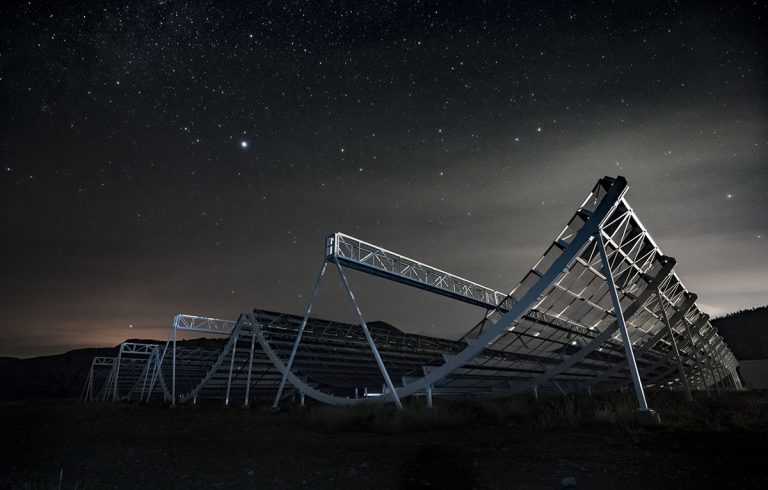The overall goal of the research in our group is to probe fundamental physics with cosmological data. We develop new theoretical methods, provide forecasts for experiments, and analyze data to derive measurements or constraints of cosmological parameters. We use analytic calculations, simulations, and methods from modern data science such as Deep Learning. We are in particular engaged in the research directions below.
Reasoning with AI in Theoretical Physics
While AI has been an important tool for statistical data analysis in physics for more than a decade, only the most recent models are capable of helping with theoretical research. An important part of theoretical physics research in the next decade will be to include theoretical reasoners, such as large language models, into the research process.
In our group, we are working on improving such models (e.g. with better tool integration), curating data sets for evaluation and training, and developing and evaluating new methods to use them (e.g. versions of test-time scaling). For this research we also interact with Computer Scientists at UW Madison and beyond.
Recent papers from our group in this domain: 2502.15815, tpbench.org
A recent short talk about this can be found here and a panel discussion here.
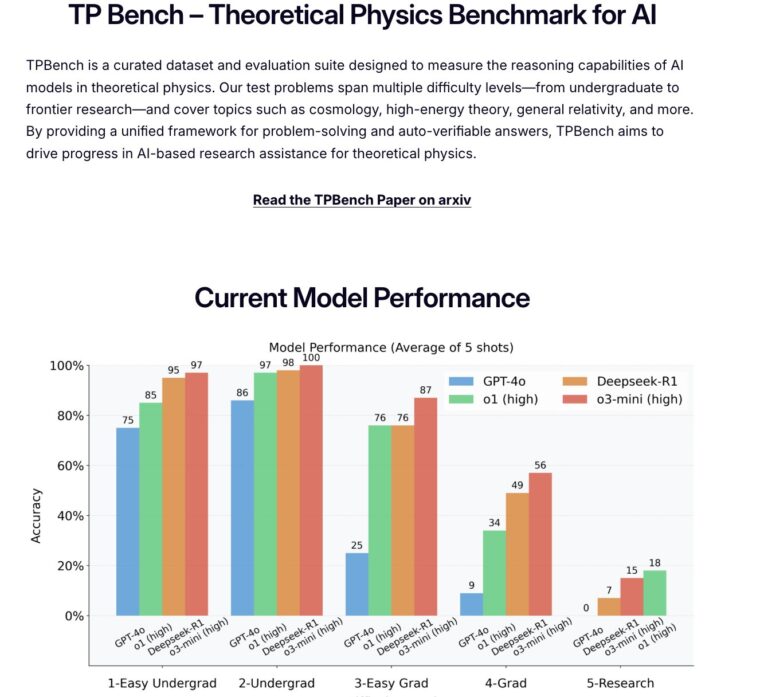
Machine Learning Methods for Cosmology
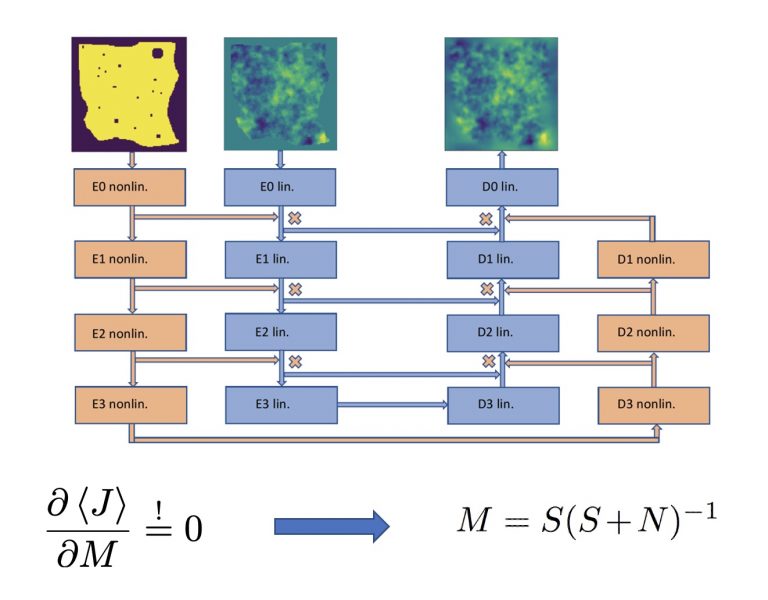
Extracting information about fundamental physics from the massive amount of complicated data of current and upcoming cosmological surveys is a very difficult task. Machine learning gives us an entirely new toolkit to solve such problems and promises to enhance or replace traditional data analysis methods.
In our group we develop machine learning methods that are specifically designed for the physical problems we want to solve, and make use of the mathematical structure of the data. We contribute to the Machine Learning Initiative of the Physics department.
Recent papers from our group in this domain: 2105.12024, 1905.05846, 2211.15161, 2205.12964, 2311.05217, 2410.01007, 2411.02496
Cosmic Microwave Background X Galaxy Surveys
Much of what we know about the universe comes from two main probes: The Cosmic Microwave Background (CMB) and Galaxy surveys. In our group we are in particular developing methods that explore the cross-correlation between data from upcoming surveys.
Moritz is a member of Simons Observatory, the next major upcoming CMB experiment which will start taking data in 2023, as well as Rubin Observatory (DESC), a major upcoming galaxy survey. We are developing computational methods to extract fundamental physics from this upcoming data.
Recent papers from our group in this domain: 1810.13423, 1810.13424, 2305.08903
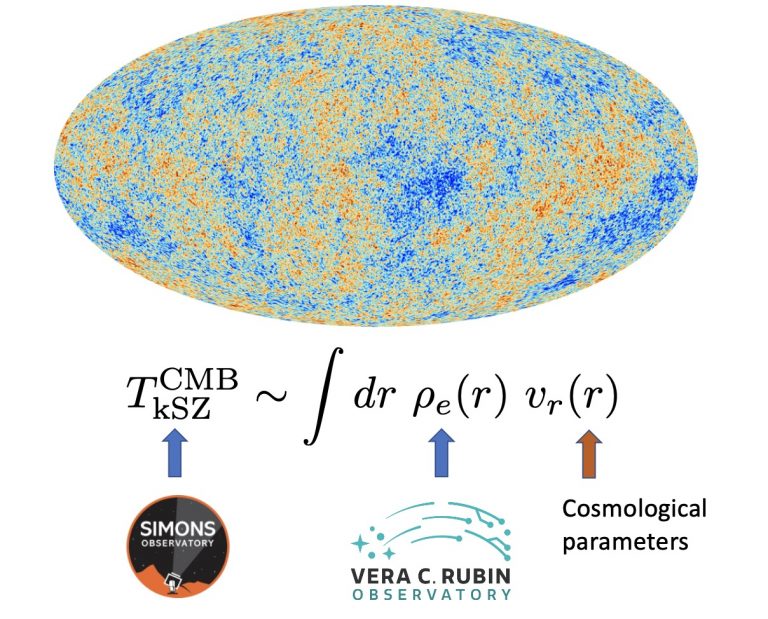
Cosmological Collider Physics
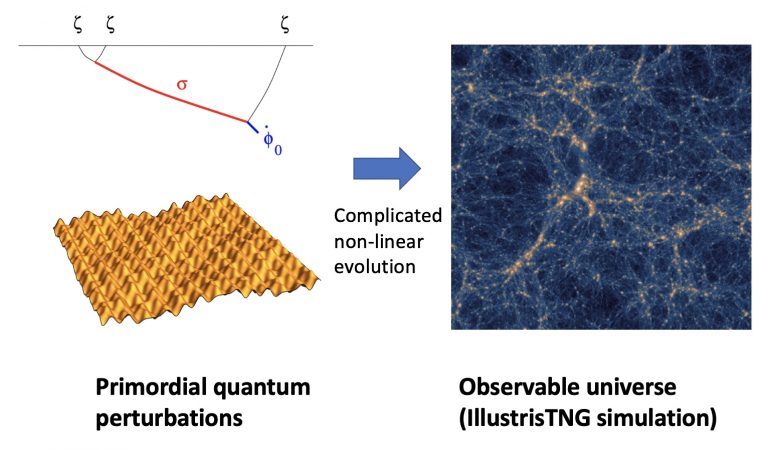
The matter distribution of the universe today developed from small quantum fluctuations in the early universe, most likely using a mechanism called inflation. The energies at which these quantum fluctuations were generated is far larger that that of the LHC or any other experiment we could ever hope to build. Inflation can be thought of as a cosmological particle collider and the matter distribution today is the result of this collider. One can thus use cosmological data to probe the ultra high energy particle physics of the early universe, which could probe the energy scale of grand unified theories (GUTs) and even quantum gravity. We are developing methods to extract the faint signals of primordial physics from CMB and galaxy surveys.
Recent papers from our group in this domain: 1910.00596, 2305.03070, 2306.09456, 2410.01007,
Fast Radio Bursts
Fast Radio Bursts (FRBs) are very energetic bursts of radio emission that come from yet to be determined astrophysical sources. The first such burst was detected in 2007 and by now many hundreds of FRBs were detected. Moritz is a member of the CHIME-FRB collaboration which is currently the most powerful experiment to measure FRBs. We are interested in FRBs in particular because of their applications to cosmology, such as measuring cosmological time delays, the extragalactic electron distribution and extragalactic magnetic fields.
Recent papers from our group in this domain: 2106.04352, 2310.16932 (as members of the CHIME-FRB collaboration)
